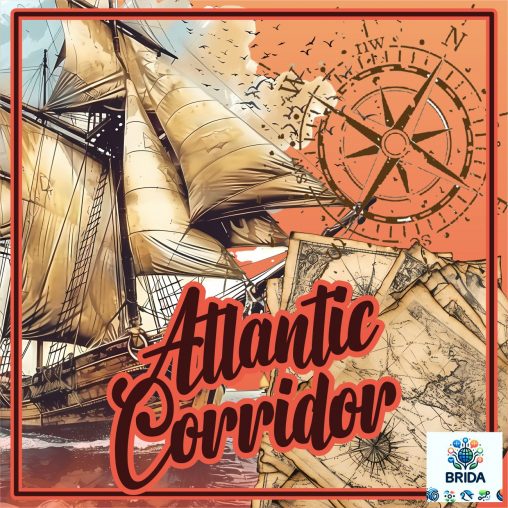
Ismar in Campo Grande kicked things off with a sigh about the weather—one day winter, the next day summer. “That’s a mistake if I’ve ever seen one,” he laughed.
The Mayor in Cleebourg raised an eyebrow. Really? Was it a mistake, or just life reminding us it doesn’t need our permission to change the script? And suddenly, they were knee-deep in the big question: do mistakes even exist, or are they just mislabelled lessons?
Car accidents came up. The Mayor insisted—nothing to learn there, just damage and grief. Ismar countered—maybe the learning isn’t in the crash, but in how you drive (and live) afterward. Past relationships were dragged onto the table too. The Mayor called them regrets; Ismar called them classrooms.
Soon they were sketching utopias where humans were “born prepared,” perfect from the start. Really? The Mayor didn’t buy into it, reminding Ismar: without mistakes, there’s no patience, no compromise, no self-acceptance. Just robots in fancy shoes.
They even poked at politics. Corruption—is it baked into human nature, or does the environment twist people into it? Childhood tantrums—are they mistakes, or just practice rounds for adulthood?
By the end, the coffee had gone cold, but one truth lingered: mistakes might sting, yes, but they’re also part of the strange curriculum called being human. Some hurt, some teach, and some simply remind us we’re not perfect. And really—would Brida even exist without a few spectacular blunders to laugh and learn from?
